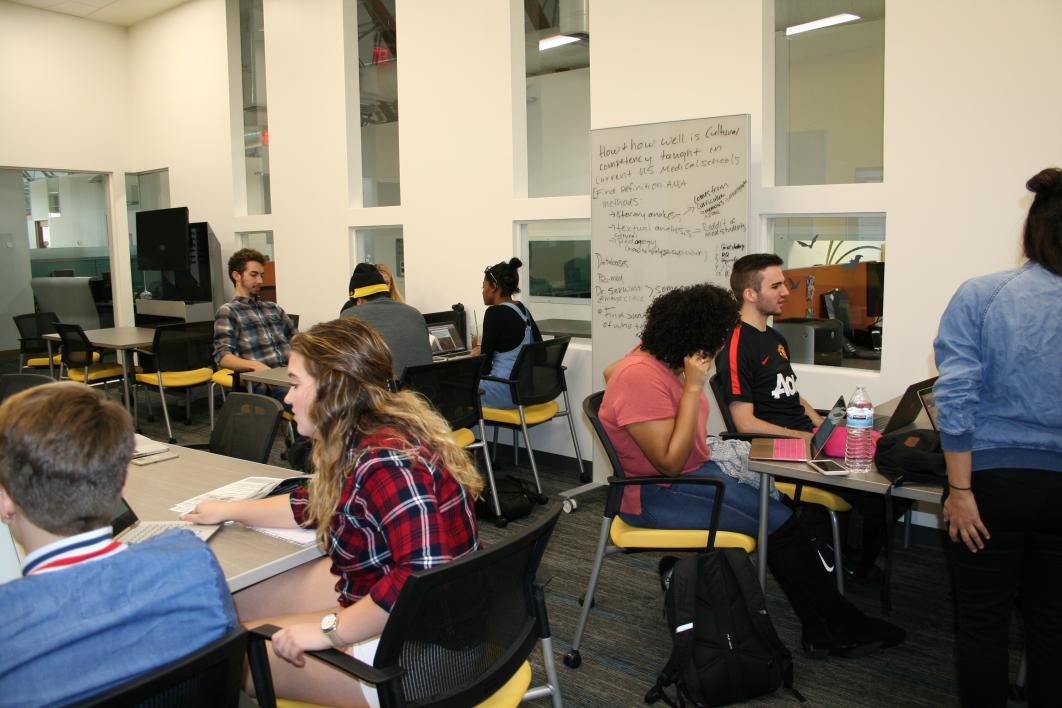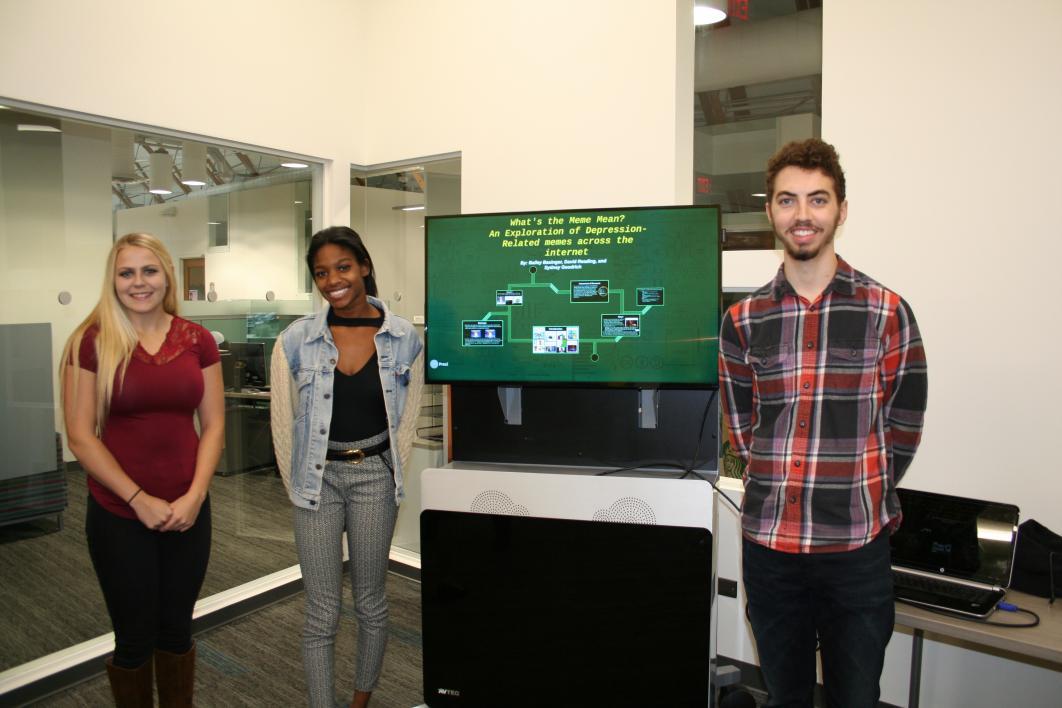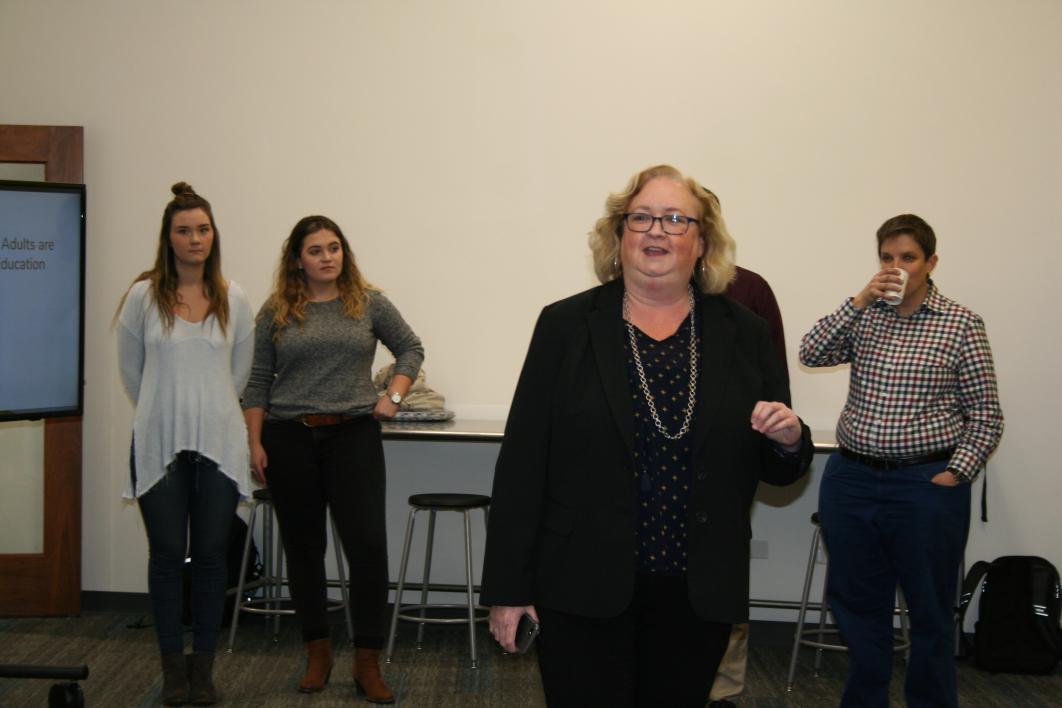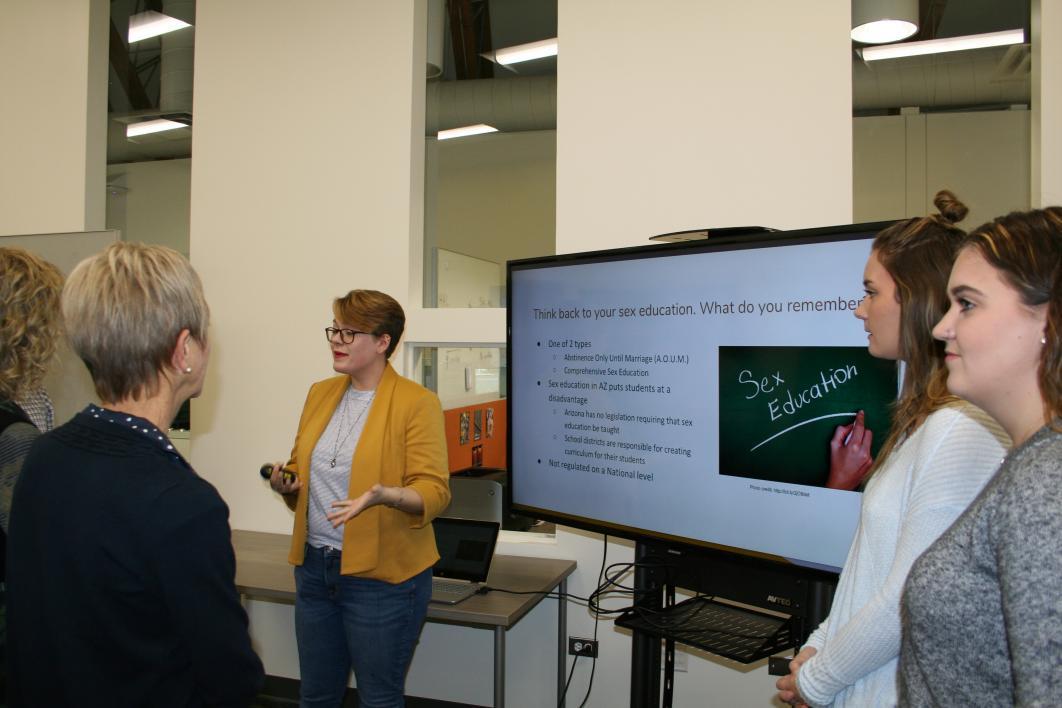New certificate offers innovative approach to challenges in health
Photo courtesy of Rawpixel
In fall 2018, Arizona State University will begin offering coursework toward a new Health Humanities Certificate.
The health humanities is an interdisciplinary field that brings humanities methods — for example, exploration of literary, historical, cultural and ethical issues — to the challenges of understanding and caring for human health. Housed in the Department of English, the new certificate is open to anyone, but it will be especially valuable for students interested in careers in health fields.
The humanities offer the critical tools necessary to make health professionals better at what they do, and, at the same time, those trained in the health sciences can bring their expertise to bear on critical work in the humanities that reimagines health and care.
“We are preparing a new generation of health leaders and professionals. As the challenges to health are more and more entangled with environmental crises and growing systemic injustices, the interdisciplinary humanities will be able to unravel some of the cultural causes of that complexity, highlight the failures to care for all bodies equally, and offer new kinds of solutions,” said Associate Professor Cora Fox, who was instrumental in the creation of the Health Humanities Certificate.
While many medical schools offer their own health humanities training, having this introduction at the undergraduate level will make candidates for any health-professions field more competitive. Medical schools are looking for students with the wider perspectives offered by the humanities and social sciences, as evidenced by the increased focus on social determinants of health on the MCAT.
According to the Association of American Medical Colleges, “medical students with undergraduate degrees in the humanities perform as well as pre-meds with science backgrounds, but tend to have better empathy and communication skills, and a more patient-centered outlook.”
In fact, Mount Sinai’s school of Medicine in New York City specifically recruits English majors into their program.
According to David Muller, interviewed on NPR’s All Things Considered, “Science is the foundation of an excellent medical education, but a well-rounded humanist is best suited to make the most of that education.”
Interdisciplinary health humanities courses were taught in ASU’s Humanities Lab during the 2017–18 academic year. Participants from many disciplines including English, global health, psychology, biochemistry, business and more enrolled in the interdisciplinary health humanities courses and completed research design projects. One group proposed to study how cultural competency was taught, modeled and communicated to students in three different Arizona medical schools. Another group focused on the gaps in Arizona sex education in public high schools and how those knowledge gaps are filled by other communities and in other cultural locations. Students enrolled in the Health Humanities Certificate at ASU have the opportunity to create projects and conduct research on topics such as these.
The Institute for Humanities Research, under Fox’s leadership, has been collaborating for five years with Mayo Clinic in Arizona to develop programming that brings humanities scholars into the clinic to discuss their work with Mayo faculty and staff. These cross-institutional and cross-cultural encounters can lead to more interdisciplinary projects and internships for students in the certificate program.
Registration for the Health Humanities Certificate program is open now.
More Health and medicine
ASU team part of nationwide study looking at Type 2 diabetes in youth
Near the end of an interview in which he talked about the work his team will be doing to tackle the rise in Type 2 diabetes among…
Leading the way in wellness: ASU highlighted in The Princeton Review's 2025 Mental Health Services Honor Roll
Being a college student isn’t easy — navigating new routines, people and places can be a challenge, especially if the right…
New Indigenous health dashboard offers robust database for scholars
By Nicole Greason and Kimberly Linn A team at Arizona State University’s College of Health Solutions and …



